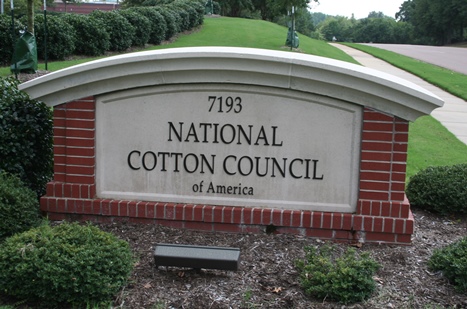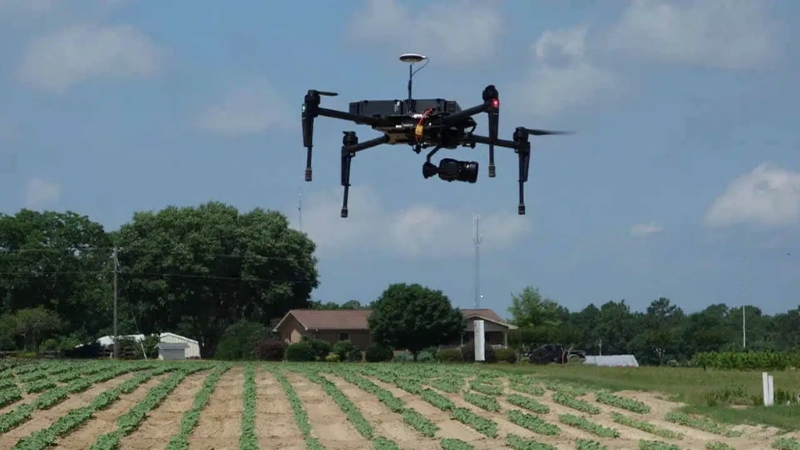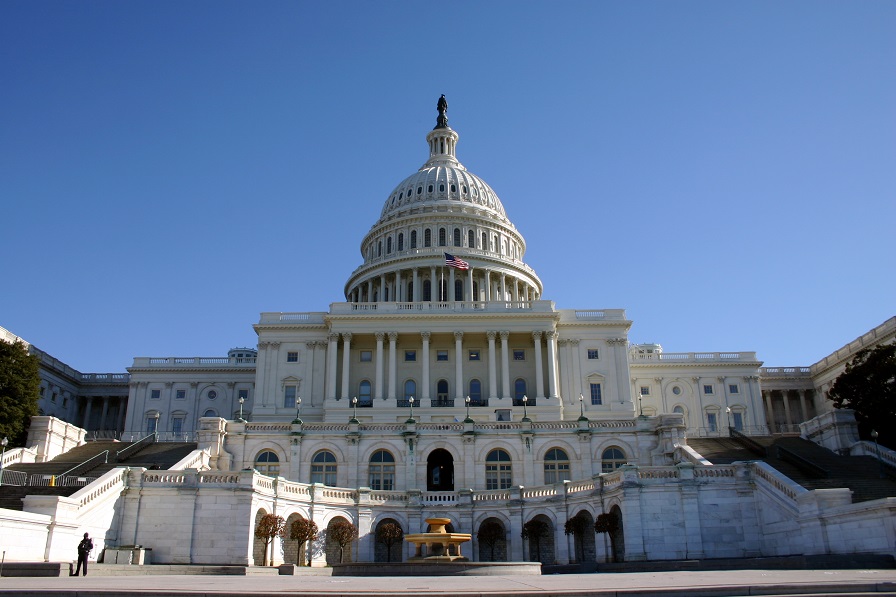WTO Ruling Garners Mixed Reactions Across the Globe
Cotton officials from across the globe expressed mixed reactions on August 31, in the wake of the WTO’s ruling on Brazil’s trade case against the United States.
Brazil had won a series of rulings against the U.S. over the past seven years. Brazil targeted American drug patents and goods for a total of $2.5 billion in economic retaliation for U.S. subsidies paid to cotton farmers.
In its own defense, U.S. trade officials argued the sum of its penalties should not exceed $30 million.
“The cumulated amount of countermeasures to which Brazil is entitled to is $294.7 million,” the WTO said in a two-part ruling totaling 269 pages. Officials from both Brazil and the United States seemed to walk away from the ruling with disappointment.
“While we remain disappointed with the outcome of this dispute, we are pleased that the arbitrators awarded Brazil far below the amount of countermeasures it asked for,” said Carol Guthrie, spokeswoman for U.S. Trade Representative Ron Kirk.
National Cotton Council President Mark Lange said he was also disappointed in the WTO’s findings, although he was pleased the process was over with.
“It is time for this ruling to be updated so the WTO can start focusing on the increasing subsidization of cotton by China and India,” said Lange in a press conference following the ruling. “The difference between the panel’s award and Brazil’s original request shows the unrealistic nature of Brazil’s claim, but even this amount fails to take into consideration the impact of U.S. cotton program changes made since 2005.”
Lange and U.S. trade officials have long argued that the data the WTO collected to make its ruling did not represent current U.S. policy. Several changes had been implemented since 2005 – the year WTO officials studied to determine the depth of U.S. cotton subsidies – that would bring the United States into full compliance with WTO guidelines, Lange argued.
“U.S. cotton production in 2008 declined 45 percent; Brazil, China and India production increased more than 20 percent. The increased cotton production in Brazil and China and India has ensured that world cotton prices could not rebound,” Lange said.
Meanwhile, critics of U.S. farm policy such as Oxfam, an international group which seeks to end global hunger, viewed the WTO’s decision as a letdown as well. On Monday, the group said American farm policy “is broken and bloated, and now other sectors of the U.S. economy may suffer as Brazil retaliates.”
Many who have represented Africa’s cotton producing countries view the ruling as a step in the right direction. Africa’s hand full of small cotton producing nations have often been at the center of disputes over American farm subsidies, as they claim they are unable to compete with the price distortions caused by America’s cotton subsidies.
“Few WTO disputes have been as difficult – or as politicized – as the fight over U.S. cotton subsidies,” says Brendan McGivern, a partner at White & Case law firm in Geneva who represented cotton-growing nations Benin and Chad in the case at no charge until 2004.
“The subsidies paid by the United States to its 25,000 cotton farmers exceed the entire gross national income of virtually every cotton-exporting country in West and Central Africa,” McGivern said. “Despite several rounds of litigation and ministerial-level negotiations, this issue remains unresolved.”









